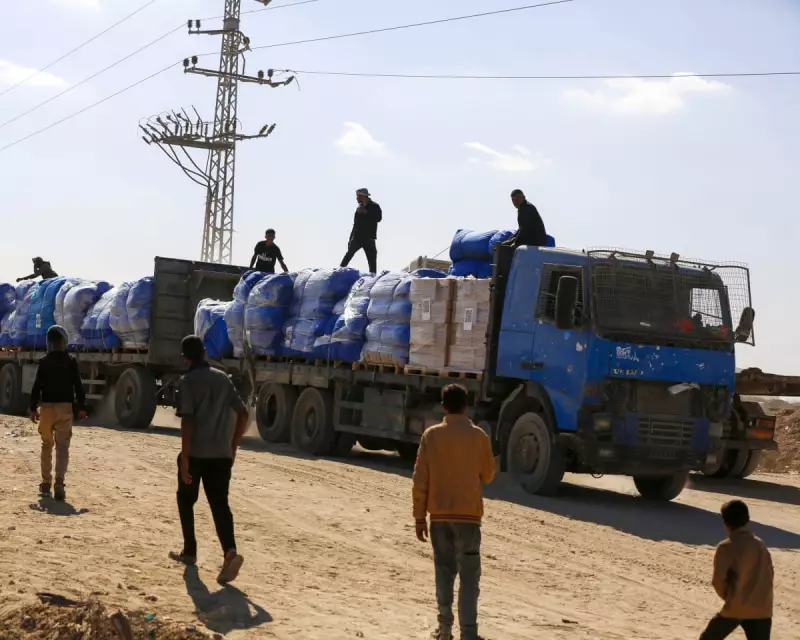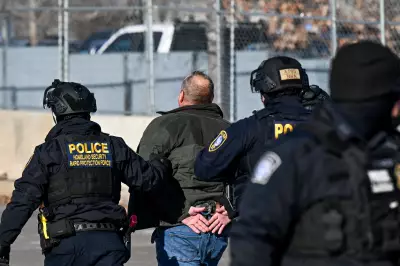
A deepening diplomatic standoff has seen Israel maintain the closure of the vital Rafah border crossing, severely restricting humanitarian aid into Gaza amid a contentious dispute over the return of Israeli soldier remains.
The crossing, a crucial lifeline for Gaza's population, remains shut despite international pressure to reopen aid corridors. Israeli officials have confirmed the closure is directly linked to ongoing negotiations with Hamas regarding the return of Oron Shaul and Hadar Goldin, two soldiers killed during the 2014 conflict whose bodies remain in Palestinian territory.
Humanitarian Crisis Deepens
The extended closure has exacerbated the already dire humanitarian situation in Gaza, where essential supplies including food, medicine, and fuel are running critically low. Aid organisations have expressed grave concerns about the impact on civilian populations, particularly children and the elderly.
"We're witnessing a deliberate tightening of the siege," one aid worker reported anonymously. "The consequences for ordinary Gazans are becoming increasingly severe with each passing day the crossing remains closed."
Diplomatic Stalemate
Egyptian mediators have been working tirelessly to broker a compromise between the warring parties, but progress has been slow. The Israeli government maintains that the return of their soldiers' remains is non-negotiable, while Hamas seeks significant concessions in return.
The deadlock represents one of the most persistent points of contention between Israel and Hamas, with previous attempts at resolution collapsing over disagreements about prisoner exchanges and reconstruction terms for Gaza.
Regional Implications
Analysts suggest the ongoing impasse could have wider regional consequences, potentially destabilising already fragile ceasefire arrangements and complicating broader peace efforts. The situation is being closely monitored by international observers concerned about the potential for renewed hostilities.
As negotiations continue behind closed doors, civilians on both sides of the border await a resolution that might bring both humanitarian relief and the return of loved ones' remains to their families.





